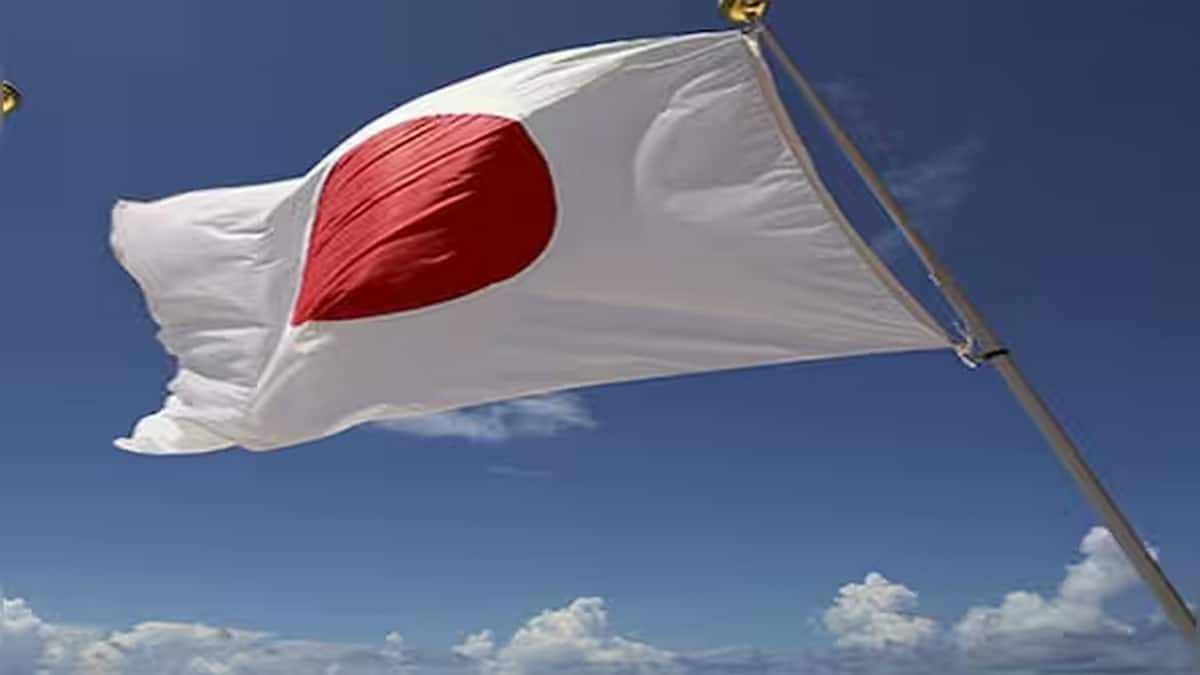Japan’s health ministry has for the first time given the go-ahead for a morning-after pill to be sold over-the-counter (OTC) without a prescription. ASKA Pharmaceutical said it has obtained permission to sell its OTC pill Norlevo and that wider access to the pill will ‘empower Japanese women in the area of reproductive health’. But why has Japan made the move now?
Japan for the first time has approved what is known as the ‘morning-after’ pill without a prescription.
This means that the medicine will now be sold over-the-counter in the socially conservative nation. While it is set to be made available sometime this year, no firm date has been set yet.
But what happened? Why has Japan approved the OTC morning-after pill for the first time?
Let’s take a closer look.
The morning-after pillFirst, let’s briefly examine the morning-after pill and how it works.
The pill is a form of emergency contraception. It is designed to prevent unwanted pregnancy in case of unprotected sex. It can be taken by women and girls of reproductive age when typical birth control contraceptives fail – such as a condom breaking or forgetting to take birth control pills. It can also be used in case of non-consensual and forced intercourse, for example by survivors of rape.
STORY CONTINUES BELOW THIS AD
The pill works by preventing or delaying ovulation in women. It functions best when it is taken immediately after sex – although it can be taken from 24 hours to 72 hours after unprotected intercourse – hence the term ‘morning-after’ pill. However, it must be noted that in general, the pill’s efficacy wanes as time passes and that there is no guarantee that a morning-after pill will prevent pregnancy. While it does prevent pregnancy, it cannot terminate one.
Common side effects of the morning-after pill can include:
What happened?
ASKA Pharmaceutical said it had obtained “manufacturing and marketing approval” to sell Norlevo, its over-the-counter contraceptive, from Japan’s Health Ministry. ASKA Pharmaceutical said wider access to the pill will “empower Japanese women in the area of reproductive health”.
The pill will be categorised as “medicine requiring guidance” – which means that women must take it while in the presence of a pharmacist. However, there are no age restrictions on who can buy it – nor is there any need for parental consent.
ASKA had launched its pilot project in 2023 at 145 of Japan’s pharmacies – less than 0.2 per cent of the total pharmacies across the country. The pill was being sold at between $47 (Rs 4,136) and $60 (Rs 5,280) during the trial.
Though the morning-after pill is widely available across the world, Japan has long restricted its use to those that have a prescription.
ASKA had applied for approval from the health ministry for over-the-counter sale without a prescription in June 2024. The ministry panel gave ASKA the go-ahead to do so in August. Norlevo and its generic version, levonorgestrel, work best within 72 hours of unprotected sex. It has an 80 per cent efficacy rate.
STORY CONTINUES BELOW THIS AD
A source has said that the pill could become available as early as this fiscal year. The morning-after pills in Japan usually cost between $47 (Rs 4,136) and $100 (Rs 8,800) depending on the clinic and the brand of pill prescribed. The pill is not covered by health insurance so the full cost must be paid out of pocket.
Why has Japan approved pill for the first time?
Though the morning-after pill is widely available across the world, including many Western societies, Japan has been a traditional and socially conservative nation when it comes to gender norms and the role of women.
Japan had long restricted the use of the morning-after pill to those who take a doctor’s appointment and have a prescription – necessitating a visit to a gynaecology clinic or hospital. Women’s rights groups had complained that this is a disservice to women and survivors of rape.
Japan’s Health Ministry had first discussed selling the drug without prescription all the way back in 2017. A poll also found this potential move was supported by much of the public. However, officials said doing so would encourage the ‘irresponsible use’ of the product – which again plays into the patriarchal and conservative attitudes towards women’s bodies and their sexuality.
STORY CONTINUES BELOW THIS AD
The World Health Organisation on its website says emergency contraception “should be routinely included within all national family planning programmes”.
With input from agencies
End of Article
